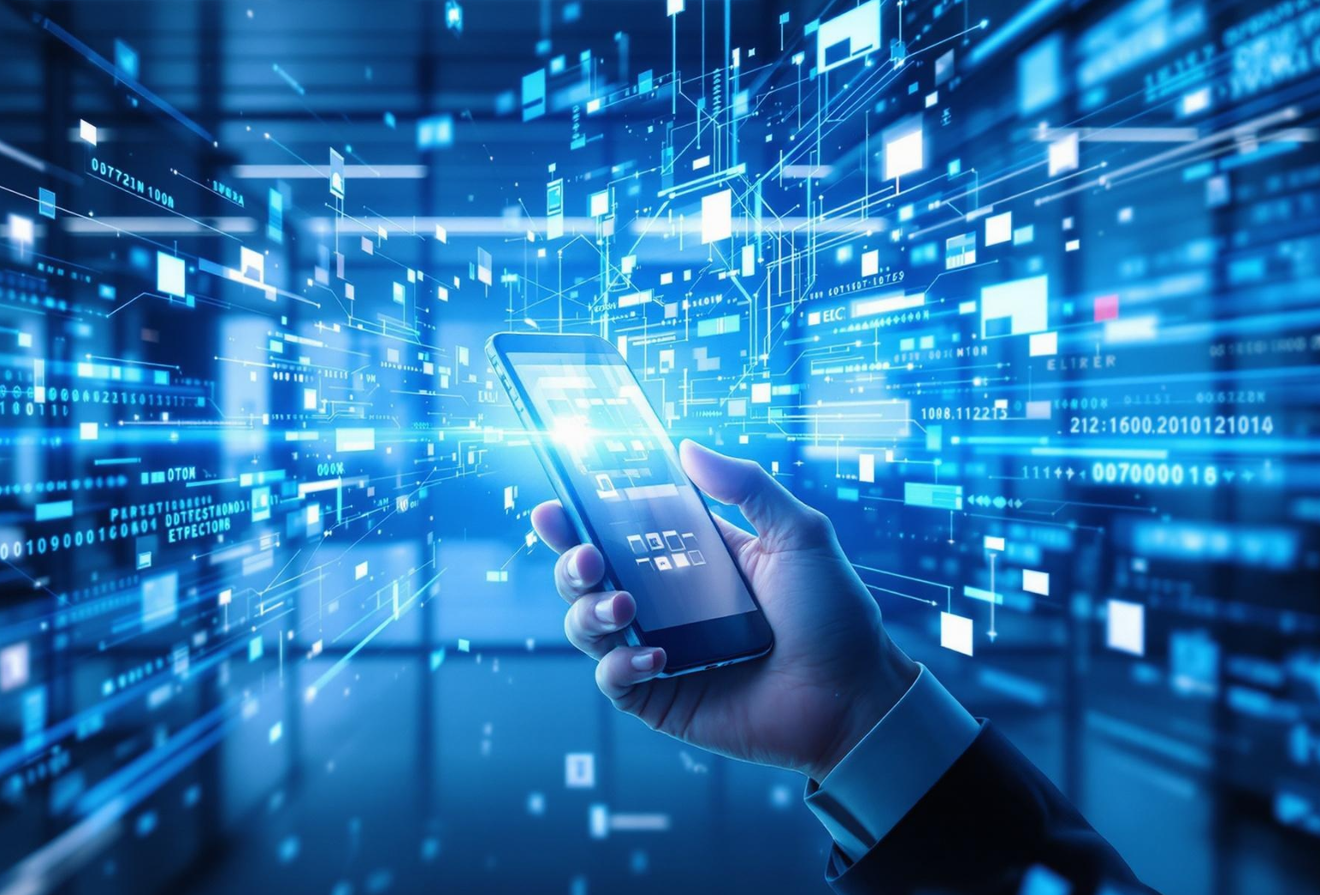Concerns have been raised that Apple's voice assistant, Siri, collected personal information without user consent, highlighting the importance of privacy protection.
In the US, class-action lawsuits are already underway, and in South Korea, the Personal Information Protection Commission has launched an investigation. This post will delve into the details of the Siri personal information collection allegations, examining Apple's response, related legal issues, and future prospects in depth.
1. The Beginning of the Incident: Siri, Secretly Eavesdropping on Users?
All the controversy began in 2019 with allegations that Siri was "secretly eavesdropping" on users. This claim, made by a former Apple subcontractor, stated that Siri was automatically activated and recorded surrounding conversationseven without the user saying "Hey Siri", and even sent this data to Apple headquarters.
- Accidental Activation: Claims that Siri was activated by surrounding sounds or similar pronunciations, regardless of the user's intent.
- Unauthorized Recording and Transmission: Allegations that the activated Siri recorded surrounding conversations and transmitted them to Apple servers.
- Potential for Personal Information Leaks: The possibility that sensitive personal information (medical, financial information, etc.) was included in the recorded conversations.
2. Class-Action Lawsuit and Apple's Settlement: The Meaning of $95 Million
US users immediately filed a class-action lawsuit. They argued that Apple illegally collected personal informationthrough Siri, and that this was a breach of the user agreement and a violation of the California Consumer Privacy Act, among other laws.
In July 2023, Apple finally agreed to pay a settlement of $95 million (approximately 140 billion won), ending the lawsuit. This amounts to approximately $2530 in compensation per user, though it is estimated that only 35% of users will actually claim the settlement.
- Scale of the Settlement: While $95 million is a substantial sum, considering Apple's size and the number of Siri users, there is criticism that it is a "light punishment".
- Acknowledgement of Wrongdoing: Apple submitted the settlement agreement, but maintains that it did not admit to any wrongdoing, emphasizing that the settlement was a strategic choice to avoid the costs and risks of a prolonged lawsuit.
- Court Approval: The settlement agreement must still be approved by the court to be legally binding.
3. Apple's Strong Defense: "Used for Marketing Purposes? False!"
Apple strongly deniesthe allegations that Siri eavesdropped on user conversations. In particular, it refutes claims that the collected data was used for marketing purposes or sold to third parties, maintaining the following stance.
- Denial of Data Collection Without User Consent: Siri does not collect data without the user's explicit consent, and details about data collection are clearly stated in the privacy policy.
- Data Anonymization and Security: Collected data undergoes an anonymization process to prevent personal identification and is securely protected by a robust security system.
- Purpose of Service Improvement: The main purpose of data collection is to improve Siri's speech recognition accuracy and enhance user experience.
4. Investigation by the South Korean Personal Information Protection Commission: Will the Truth Be Revealed?
In South Korea, the Personal Information Protection Commission has also launched an investigation into the allegations of Siri's unauthorized collection of personal information. This investigation focuses on determining whether Siri illegally collected personal information from South Korean usersand whether there were any violations of related laws.
- Data Collection in South Korea: Determining whether Siri illegally collected voice data from South Korean users.
- Violation of the Personal Information Protection Act: Investigating whether the data collection process violated the Personal Information Protection Act.
- Apple's Cooperation: Assessing whether Apple is cooperating fully with the investigation and transparently providing relevant materials.
5. Privacy Policy and Technological Issues
This incident requires an in-depth analysis of Apple's privacy policy and the technical workings of Siri.
- Apple's Privacy Policy: While Apple emphasizes its commitment to privacy, the specific policies regarding Siri's data collection and processing remain controversial. In particular, there are criticisms that it lacks a clear explanation and solution for 'accidental activation'.
- Siri's Data Collection Methods:
- Voice Data Processing: Siri collects and analyzes voice data to process user voice commands. There is a possibility that personally identifiable information may be included in this process.
- On-Device Processing vs. Cloud Processing: Apple claims that it has enhanced privacy by introducing an 'on-device' method for processing Siri voice data on the latest iOS versions, but it is known that some data is still sent to the cloud.
- Anonymization Technology: While Apple states that it anonymizes collected data to prevent personal identification, questions remain about the effectiveness of the anonymization technology.
6. Future Outlook: Balancing Enhanced Privacy Protection and Technological Advancement
The Siri personal information collection allegations raise the important issue of balancing technological advancement with privacy protection. The following changes are anticipated in the future.
- Strengthening Privacy Regulations: Governments around the world are expected to strengthen regulations related to privacy protection, and stricter standards for the collection and processing of voice data are likely to be established.
- Increased Corporate Transparency: Apple and other IT companies will need to increase transparency in their data collection and processing procedures and provide users with more control.
- Technological Advancements: The development and application of new technologies (e.g., federated learning, differential privacy) that enhance privacy protection while maintaining the performance of AI services are expected to accelerate.
- Increased User Awareness: Users will become more aware of their privacy rights and make more careful decisions about consenting to data collection.
7. What Users Can Do
Siri users can take the following steps to protect their personal information.
- Review Siri Settings: Carefully review Siri settings and limit unnecessary data collection.
- Check Privacy Policy: Carefully read Apple's privacy policy and understand how Siri collects and uses data.
- Turn Off "Hey Siri" Function: Turn off the "Hey Siri" function to prevent accidental activation (Settings > Siri & Search > Listen for "Hey Siri").
- Delete Siri History: Periodically delete Siri history (Settings > Siri & Search > Siri & Dictation History > Delete Siri & Dictation History).
- Keep iOS Updated: Update to the latest iOS version to apply the latest security features.
The Apple Siri personal information collection allegations are still an ongoing case. While the US class-action lawsuit has been settled, the South Korean investigation is in its early stages, and whether Apple has committed any illegal acts has yet to be definitively determined.
It is hoped that this incident will raise social awareness of privacy protection and lead to improvements in related laws and regulations and technology. Users should also actively work to protect their own personal information.



Comments0